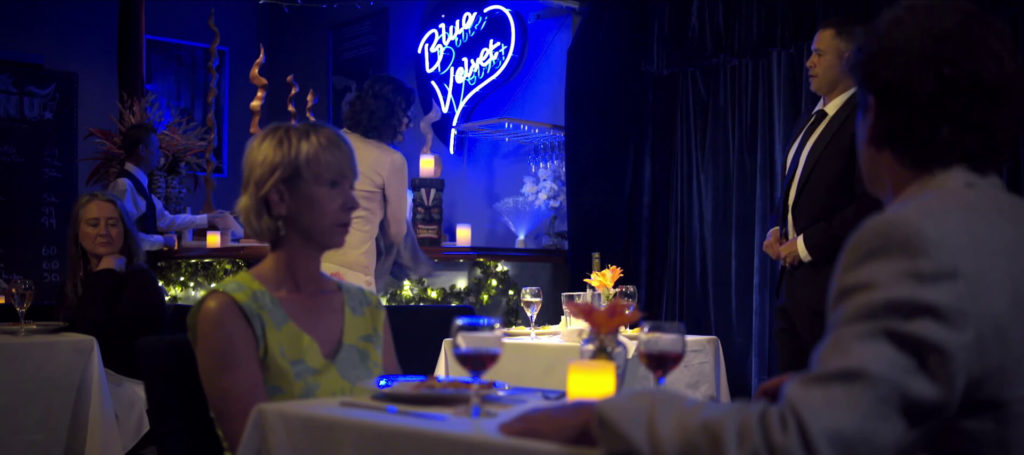
“Sometimes, people are put in circumstances where they have to make a decision which they are perfectly aware that will completely shape the rest of their lives. We’re not talking about black and white choices, but complex processes, where a subconscious fight between morality, love, selfishness and a sense of self-preservation ensues. One last masterpiece where these themes intertwined into a powerful and moving experience was Steven Knight’s ‘Locke’. There, Ivan willingly and single-handedly destroys his treasured family life and career by making what he regards as a moral decision. Somewhat similarly, in ‘Roadkill’, Steban has the choice of either owning up to the accident he had caused and facing the music or running away from responsibility into the relative comfort of his otherwise problematic marriage.
The richness in themes explored is only surpassed by the quality of their representations. Rebecca and Steban are showcased as an interesting couple, far from the stereotypical representations which are all too frequent in filmmaking. Their collective struggle as a result of a childless marriage and diverging expectations from life intertwines with their own personal issues – both are presented as flawed characters, and it is a very difficult task to initially sympathize with either of them while they make a scene at the restaurant chosen as the venue for their wedding anniversary.
Both Julie Lawrence and Fernando Londono do a great job of giving life and credibility to their characters, only to further take it up a notch in the latter part of the film. The dialogue is equally far from being typically overdramatic discourse and instead incorporates little hints that point out towards the nature of their relationship, and frequently act as metaphors, blending with the imagery of the mating horseshoe crabs into a magnificent tableau of love and its many obstacles.
Their love for one another transcends all the minor fights – subtly symbolized in the very beginning by the relentless small waves – and it survives even the toughest test represented by Steban’s decision. His poem is thrust into the deep, dark sea, to be taken wherever it might be led, an act is seen as a definitive symbol of her husband’s departure by Rebecca, just as he is about to wander through the fog and face the outcomes of his action.
The direction and artistic vision of Campbell Dalglish cannot be praised enough. With every frame, he manages to transmit emotions that speak volumes through their beauty and simplicity, helped by a good cinematography and a well-dosed, suitable score. Almost hooked on a silver lining, the horseshoe crab which Steban finds in the victim’s backpack sparks a U-turn similar to Ivan Locke’s change of direction while waiting at the traffic lights.
Whether it evokes sympathy for the victim as a result of their newfound shared fascination, or it simply arises a nostalgic thought about his childhood memories regarding these marine creatures, thus also triggering a subconscious need to preserve his sense of purity by doing the moral thing, is up for interpretation, as is the finale itself. Everyone involved has done a magnificent job and deserves nothing but praise for their accomplishment.”
-REVIEW OF ROAD KILL: http://www.stonefairiff.com/roadkill
